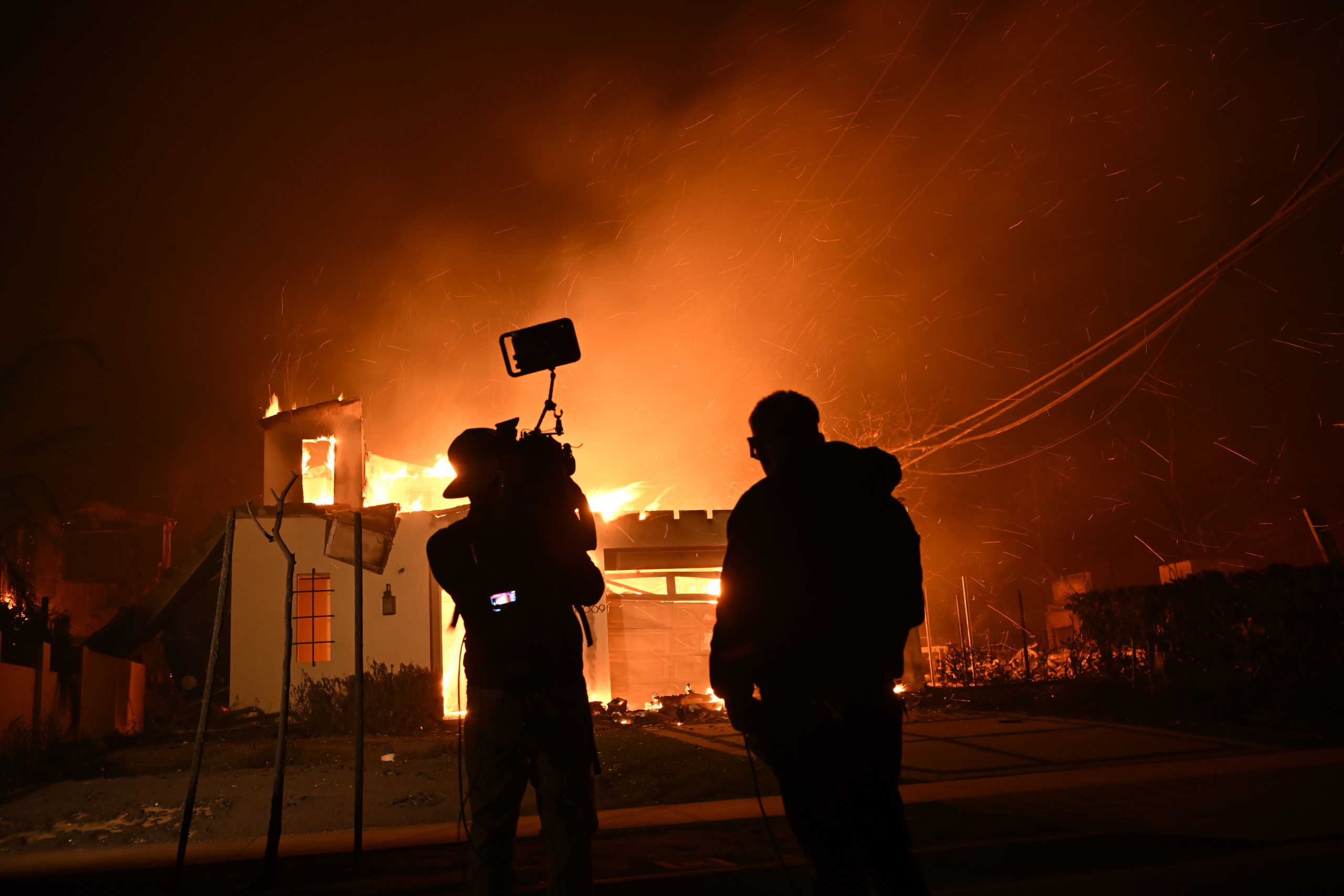Wildfire Costs Explode: Climate Change Fuels Economic Devastation
The economic toll of wildfires is no longer a slow burn; it’s an inferno, fueled by rising global temperatures and exacerbated by human encroachment on natural landscapes. A recent study published in
Science
reveals a concerning trend: the financial devastation wrought by wildfires has skyrocketed in the past decade, with climate change playing a significant role. The implications are far-reaching, impacting not only insurance companies and property owners but also the global economy.
Rising Temperatures, Rising Costs
For decades, wildfires have been a natural part of many ecosystems, clearing out dead brush and promoting new growth. However, the increasingly destructive nature of these blazes is anything but natural. The study highlights the direct link between rising average temperatures and the escalating costs associated with wildfires. Warmer temperatures create drier conditions, making vegetation more susceptible to ignition and allowing fires to spread more rapidly and intensely. This, coupled with factors such as expanded urban development into wildland areas and the suppression of natural fires, has created a perfect storm for catastrophic wildfires. The Los Angeles fires earlier this year likely resulted in losses between $28 billion and $75 billion, potentially the most expensive single fire event in history.
The Human Footprint on Fire’s Fury
While climate change acts as a major accelerant, the study underscores the multifaceted nature of the problem. Human activity plays a significant role in shaping the wildfire landscape. As cities expand further into wildland-urban interfaces, the risk of human-caused ignitions increases, and the potential for property damage grows exponentially. The suppression of natural fires, while intended to protect lives and property, can lead to a buildup of fuel, creating conditions for larger, more intense fires when they eventually occur. The global economy’s expansion and population growth also contribute to the problem, increasing the demand for resources and leading to greater environmental impact.
A Call for Action
The surging price tag of wildfires serves as a stark reminder of the economic consequences of climate change. It underscores the urgent need for comprehensive strategies to mitigate the risks and adapt to the changing fire regime. This includes reducing greenhouse gas emissions to slow the rate of global warming, implementing stricter building codes in wildland-urban interfaces, investing in forest management practices that reduce fuel loads, and promoting public education about wildfire prevention. Without decisive action, the economic and environmental devastation caused by wildfires will only continue to escalate, threatening communities and ecosystems around the world.
Based on materials: Vox





